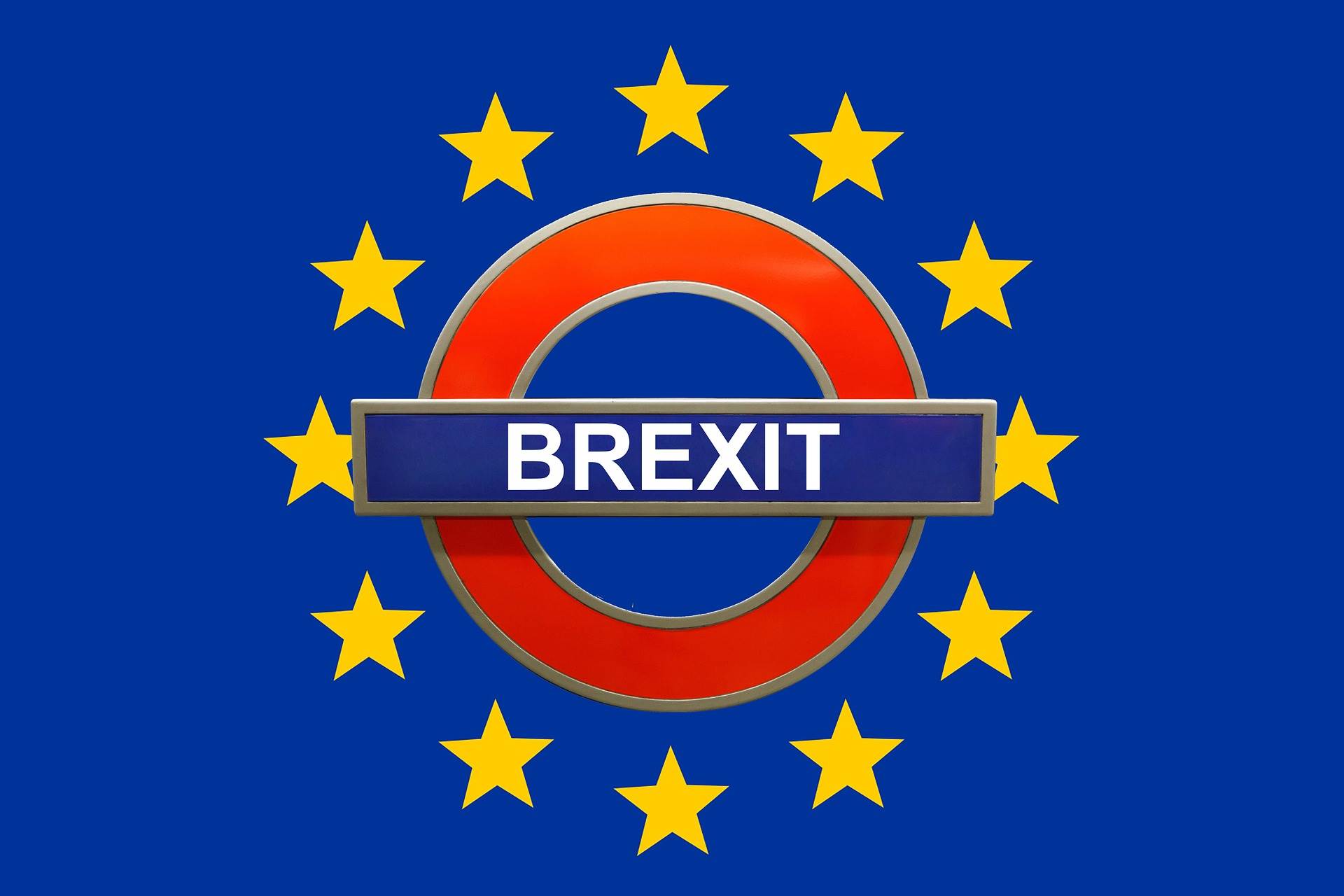 The British handling of Brexit has often been described in the UK press as “can kicking” whereby any critical decision is delayed to the greatest extent possible – “kicking the can further down the road”. The most recent example of that is the Tory leadership contest whereby the government chose the period of extension of the UK’s membership of the EU to depose Theresa May and indulge in the election of her successor, rather than actually do something to resolve the Brexit impasse.
The British handling of Brexit has often been described in the UK press as “can kicking” whereby any critical decision is delayed to the greatest extent possible – “kicking the can further down the road”. The most recent example of that is the Tory leadership contest whereby the government chose the period of extension of the UK’s membership of the EU to depose Theresa May and indulge in the election of her successor, rather than actually do something to resolve the Brexit impasse.
It is now known that the next British PM will be either the current or former Foreign Secretary, Jeremy Hunt or Boris Johnson, but the nation and the Brexit process will remain on hold for a further month until that decision is made by Conservative Party members – roughly 0.25% of the electorate. Whoever emerges as the winner will face exactly the same problem that confronted May. They lack an absolute majority in parliament and are reliant on the Democratic Unionist Party (Northern Ireland) to deliver a working majority through a “confidence and supply” agreement. The DUP whilst pro-Brexit are vehemently opposed to anything which could alter the relationship between Northern Ireland and the rest of the UK (such as the backstop). Many fear that a “no deal” Brexit could risk the integrity of the UK, so if the DUP come to this conclusion, they will vote against the new PM.
The hard Brexit ERG group oppose May’s deal with the EU as worse than being in the EU since they claim it binds the UK to the EU (via the backstop) with no say over matters relating to the UK at the EU level. They will oppose anything which is more accommodative than May’s deal which they refused to back even at the last minute. The LibDems, SNP, Greens and Plaid Cymru are all staunchly pro-remain and want either revocation of Article 50 or a fresh referendum. The Labour Party are broadly pro-remain and open to a fresh referendum, but the clique around its leader, Jeremy Corbyn, are not. However, because of consistent pressure on the leadership and the party’s very poor showing in local and regional elections, they are now demanding a confirmatory vote (with an option to remain in the EU (at least in principle) on the public ballot. Any agreement between Labour and Conservative would be vehemently opposed by the ERG and more widely in the party, but would require that the government commit to the UK joining a permanent customs union with the EU and maintaining strong links to the single market.
So, Prime Minister Hunt/Johnson faces the same intractable problems as May. Whilst both claim they are prepared to leave the EU without a deal (and therefore without a transitional period) at the end of October, there is a stable parliamentary majority against this.
There are increasingly strong signs from EU member states that the UK will not be granted a further extension unless it leads to either acceptance of May’s deal or possibly a fresh referendum or general election. The tolerance for UK can kicking has pretty much reached the end.
